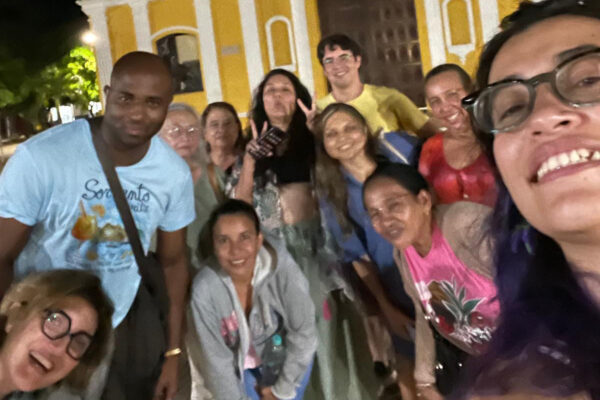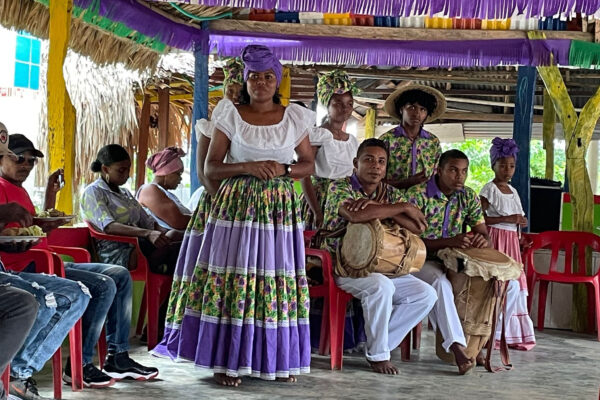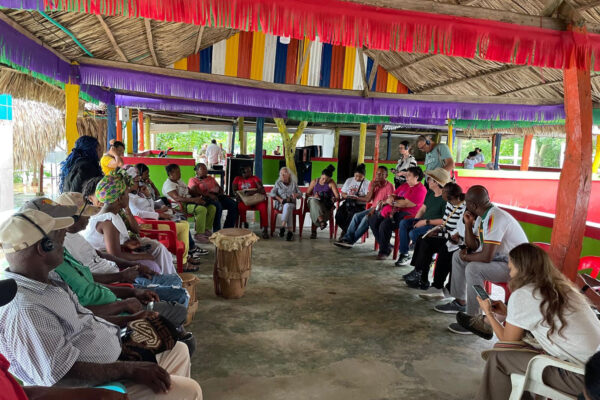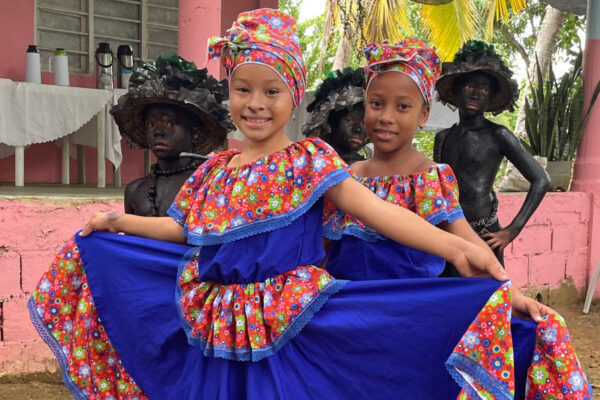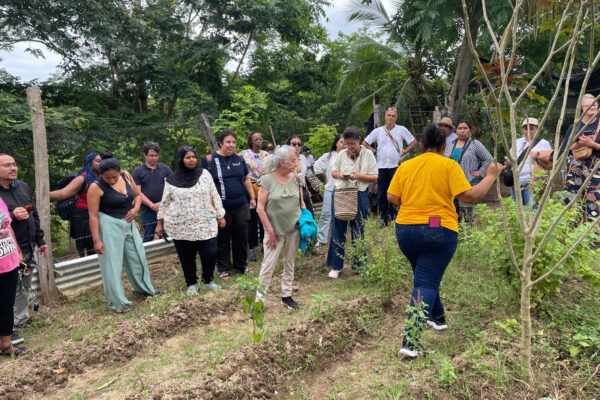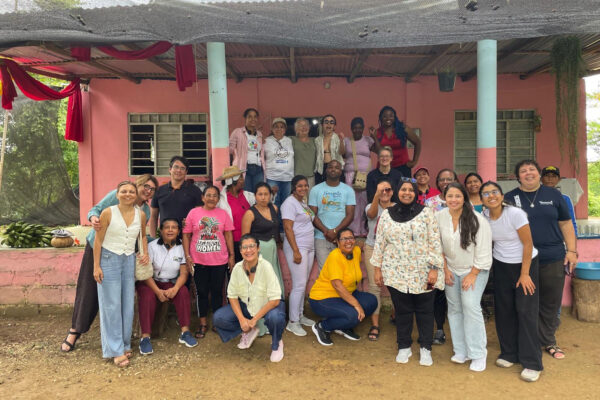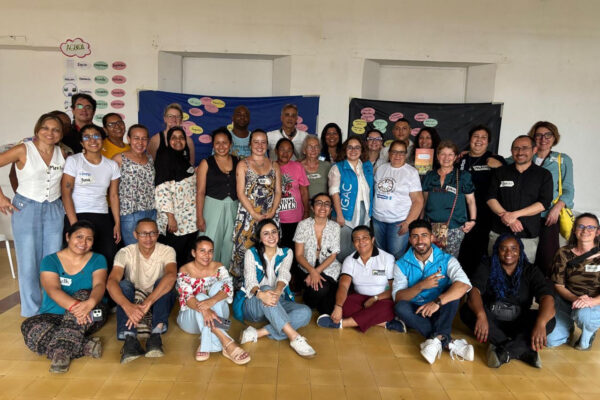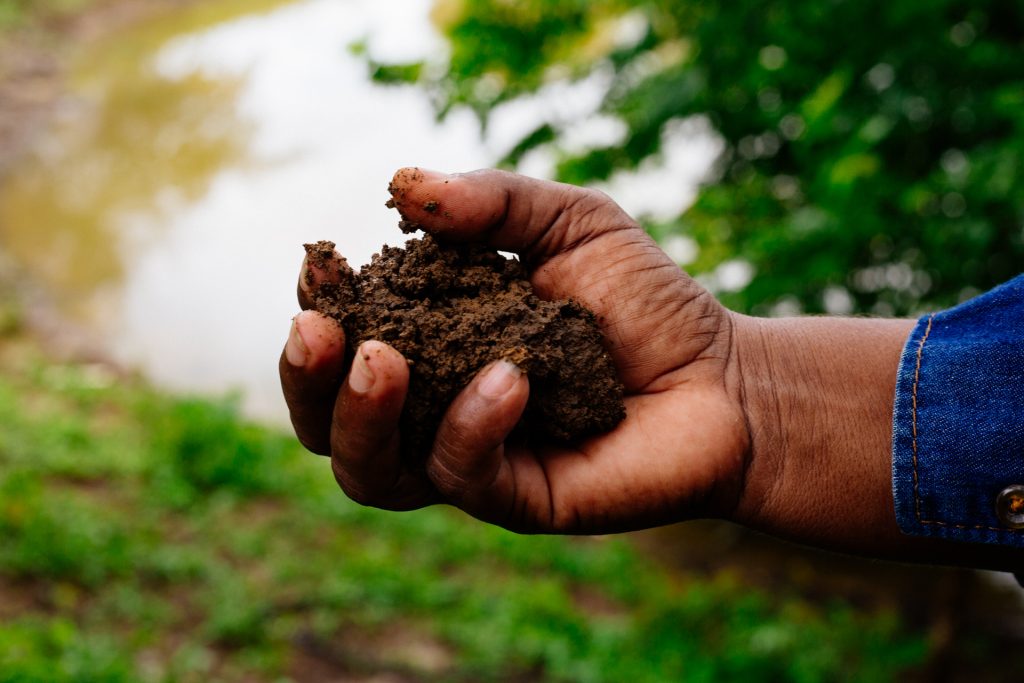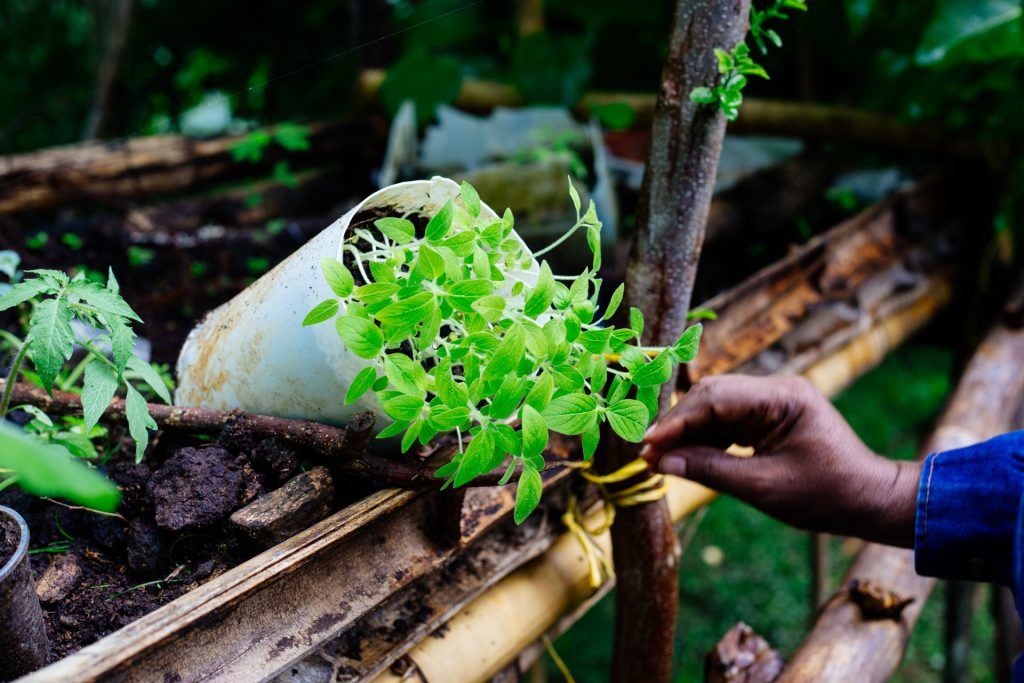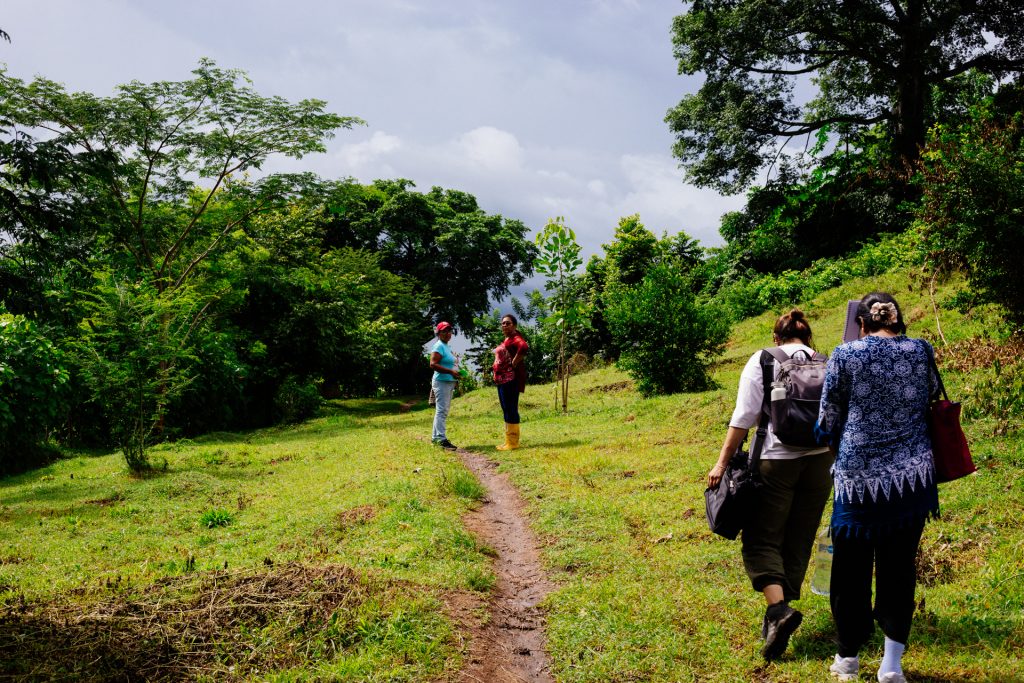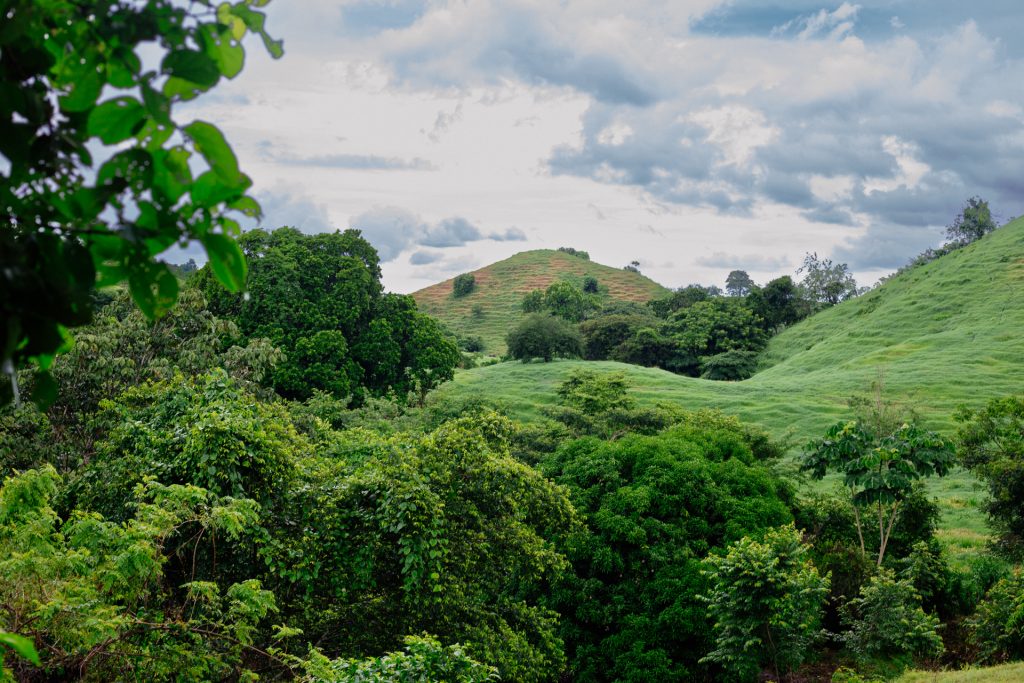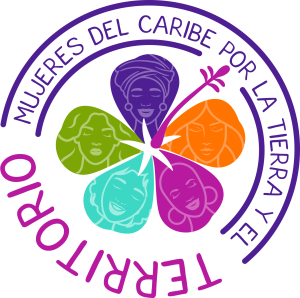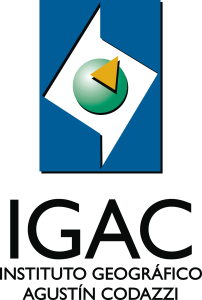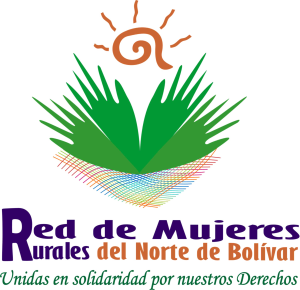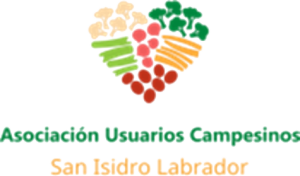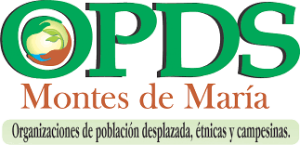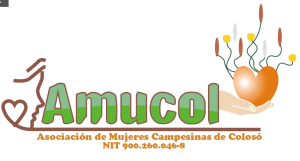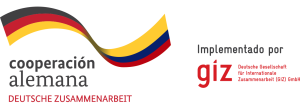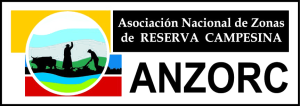The Montes de María subregion is emblematic of the peasant struggle for land and is historically considered a food pantry. The subregion preserves pockets of Tropical Dry Forest and is characterized by plains, mountain landscapes and floodable savannas of the Magdalena River marsh complex, making it an area of high biodiversity, where peasants, indigenous people and Afro-descendants grow food and practice traditional fishing.
Since the attempts at Agrarian Reform more than 50 years ago, it has been characterized by a strong social organization in the face of violence, which transformed the landscape and facilitated land dispossession and displacement, and disputes over land and water against powerful actors: large palm oil and timber growers.
